Porsche's profits plummet 30%, focusing on gasoline cars
![]() 03/13 2025
03/13 2025
![]() 592
592
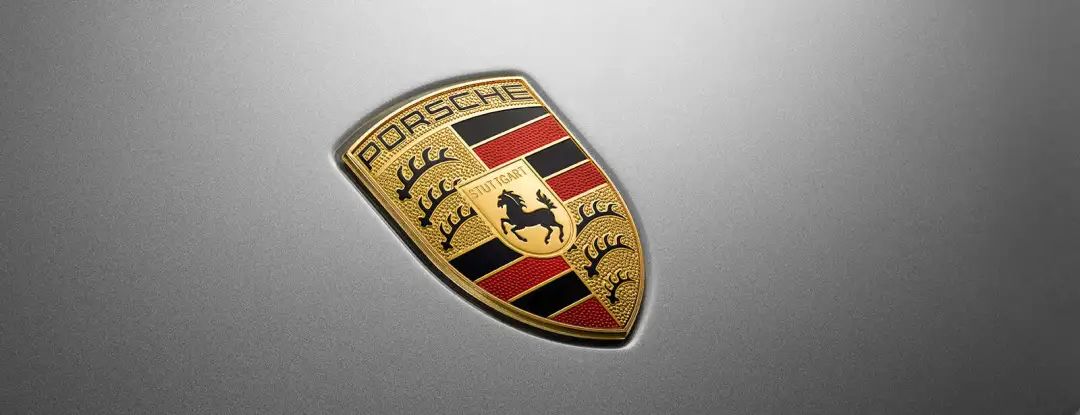
Postponing electrification goals
"
Author | Wang Lei, Liu Yajie
Editor | Qin Zhangyong
Porsche, which has encountered a setback in the Chinese market, has released a less-than-stellar financial report.
Last year, net profit plummeted by 30%, shrinking at a visible speed, with revenue and return on sales also declining.
Of course, sales in some regions are still growing, such as the United States, Germany, or emerging overseas markets, which have maintained positive growth. While global performance is flourishing, Porsche stumbled in the Chinese market, with sales plunging by 28%.
Porsche CEO Oliver Blume said that it is mainly because the pace of electrification in China is too fast. Even though Porsche has launched multiple electric vehicle models, it has only resulted in rising costs and declining sales.
"After setting records for many years, we have to accept setbacks in financial performance."
Indeed, domestic electric vehicles have become a replacement for Porsche in the minds of many people. This time, Porsche has recognized reality and is no longer focused on electrification, but rather leveraging the advantages of gasoline cars to seek stable survival.
01 Net profit down 30% year-on-year
According to Porsche's latest financial report, sales revenue in 2024 was approximately 40 billion euros, a decrease of 1.1% year-on-year; net profit in 2024 was 3.6 billion euros, a drop of 30.3% compared to the previous year.
Operating profit was 5.637 billion euros, compared to 7.284 billion euros in the same period last year. The operating sales return rate was 14.1%, down from 18% in the same period last year.
Net cash flow from the automotive business reached 3.74 billion euros, close to the historical high in 2023. Earnings per share for ordinary shares were 3.94 euros, and 3.95 euros for preferred shares.
The three best-selling models were the Cayenne with sales exceeding 100,000 units, the Macan with sales of 83,000 units, and the 911 with sales of 51,000 units.
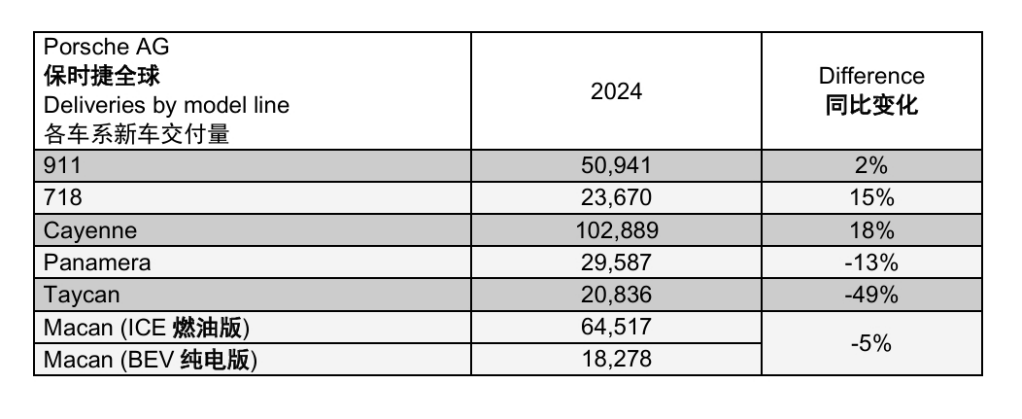
Let's take a look at the specific sales situation. The North American market has overtaken China to become Porsche's largest sales market with 86,500 units sold, achieving a reversal to become the new "sales champion". The German home market surged to 35,800 units with an 11% growth rate. Porsche delivered 75,900 units in Europe (excluding Germany), an increase of 8% year-on-year.
Only the Chinese market dragged Porsche down, becoming the only declining region among the five major sales areas.
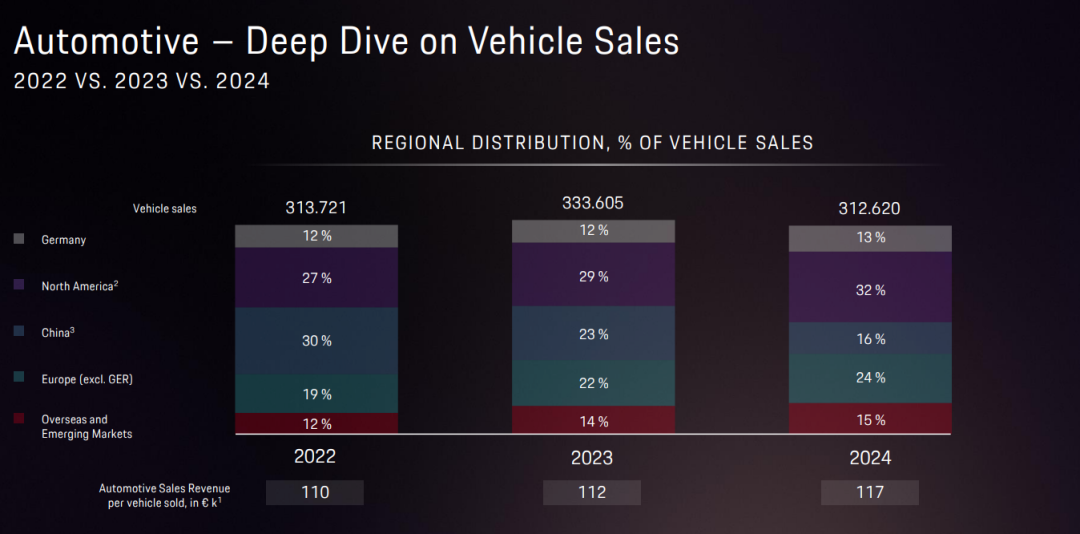
Jochen Breckner, member of the Porsche Global Executive Board responsible for Finance and Information Technology, also said that the slight decline in sales in 2024 was mainly due to the continuous adjustments in the market environment in China.
In 2024, Porsche sold 57,000 units in China, a year-on-year decrease of 28%. Its market share also dropped from a peak of 30% to 18.3%, falling from the once-largest global market to the third-largest, marking the worst performance in nearly five years.
Porsche CEO Oliver Blume said, "2024 was an extremely challenging year for the entire European automotive industry. We anticipated this, but the situation continued to deteriorate throughout the year. We are also experiencing a significant decline in demand for luxury vehicles in China. In addition, costs in many areas, especially in the supply chain, are increasing."
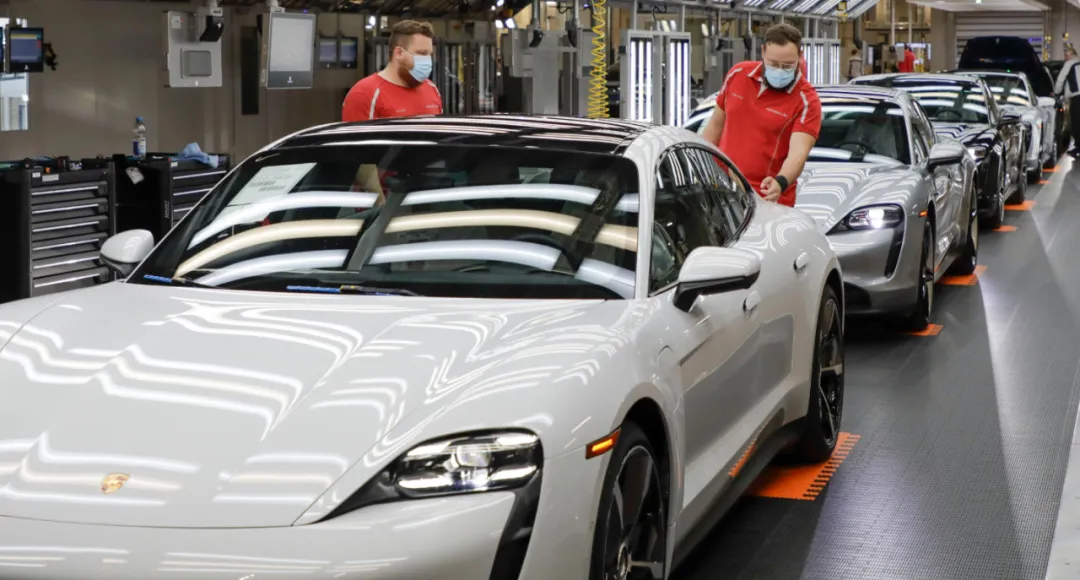
In 2024, Porsche rapidly launched four new models, the most in a single year. However, the update of five-sixths of its model series also harmed the company's profitability.
The rapid rise of domestic electric vehicles also caught Porsche off guard. Now, we can buy a Porsche replacement for half the price or even one-third of the price.
In addition to the Chinese market, Blume believes that Porsche faces challenges including a slowdown in the electrification process and supply chain tensions.
Regarding this year's goals, Porsche said that 2025 is defined as the "year of recalibration" for Porsche. The company will make adjustments in areas such as cost structure optimization and profitability enhancement, setting much lower targets than before.
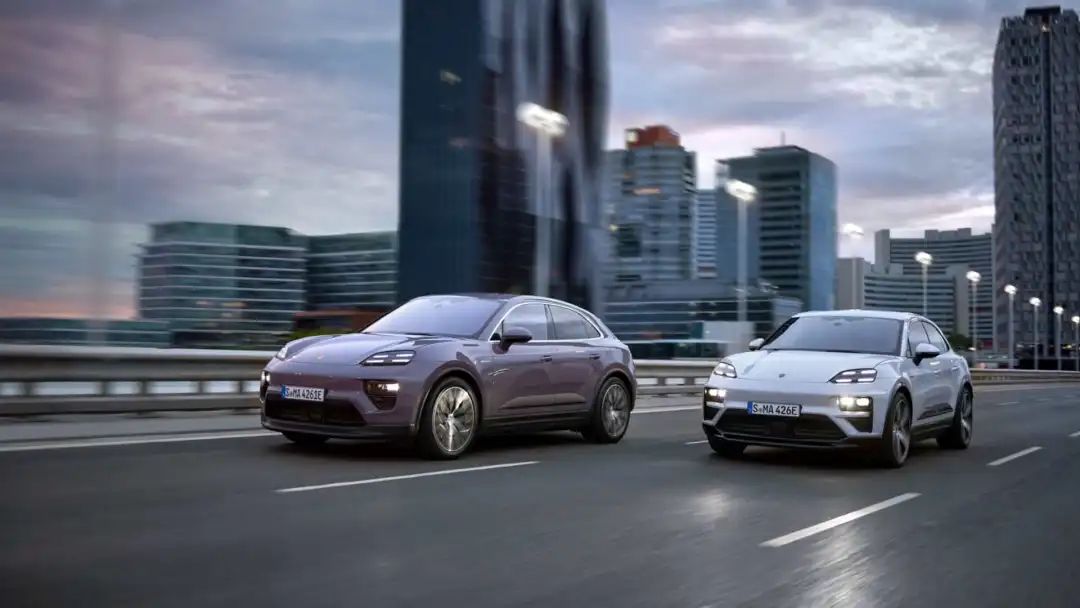
For example, in terms of cost structure, Porsche will recalibrate to an annual production level of 250,000 units (not a sales target). Porsche hopes to control production costs at the level of expenditure for annual production of 250,000 units.
At the same time, Porsche said that due to the "unstable political and economic environment", the company's current medium-term profit margin target has been reduced to 15%-17%, down from the previous 19%.
Based on this, Porsche expects profitability to further decline in 2025, with the operating sales return rate falling to 10%-12%, lower than the 14.1% in 2024; sales revenue is expected to be between 39 billion and 40 billion euros in 2025, also lower than that in 2024.
In terms of research and development, Oliver Blume, Chairman of the Porsche Global Executive Board, said that Porsche will invest an additional 800 million euros in product development, software services, battery technology, and other new technologies.
02 No longer pursuing sales in the Chinese market
Against the backdrop of sales pressure and profit decline, Porsche views 2025 as the "year of recalibration".
Among the models delivered by Porsche in 2024, 27% were new energy vehicles. Although this proportion is quite good among all foreign luxury brands, it also means that Porsche's core business still lies in gasoline models.
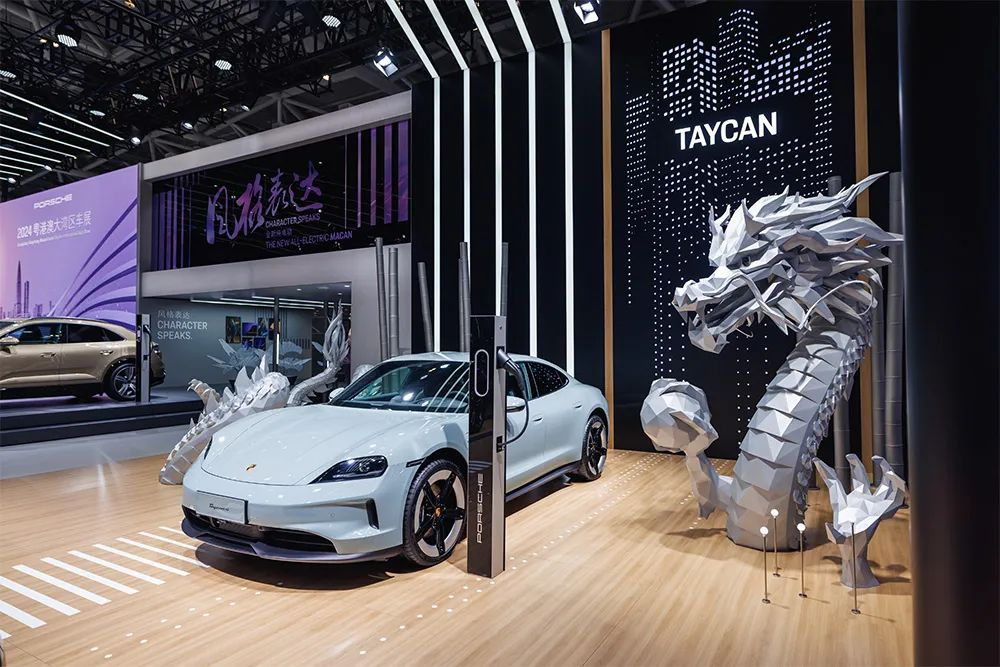
"We need to refocus on internal combustion engines and hybrids," said Blume. Porsche will further strengthen its brand core by adding more internal combustion engine models.
Prior to this, Porsche was one of the most aggressive traditional automakers in the field of electrification. According to the original plan, electric vehicle sales were to account for more than 80% of new vehicle sales by 2030.
At this financial report conference, Porsche also clearly mentioned that it would extend the product transition period and no longer rush to transition to electrification. In other words, subsequently launched products will continue to provide a balanced product mix of pure electric, internal combustion engine, and hybrid models.
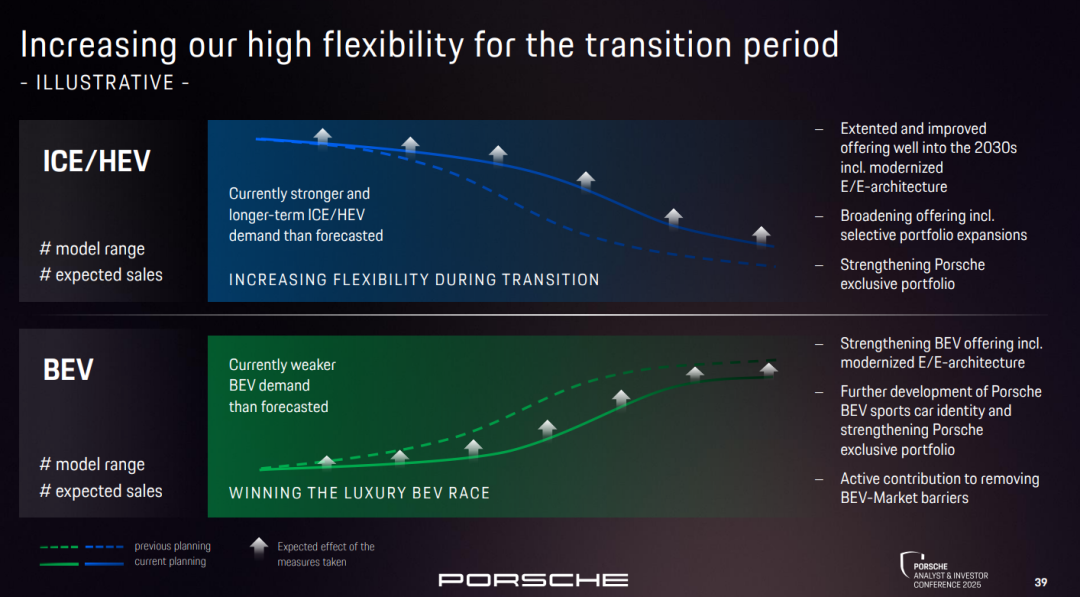
For example, Porsche's core model, the 911, will expand its lineup with more internal combustion engine models. Porsche will also release a limited edition 911 model, replicating the classic style of the 1970s 911; in addition, Porsche will launch a new 911 derivative model.
Some existing models will continue to offer three different drive forms simultaneously. By the 2030s, the development and sales of Cayenne and Panamera equipped with internal combustion engines and hybrid systems will continue.
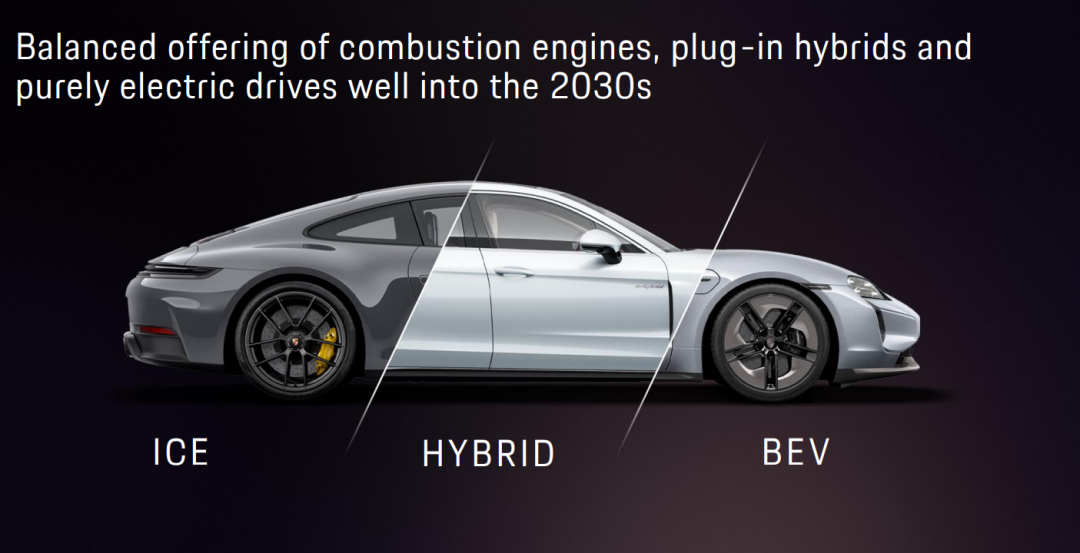
In the SUV segment, Porsche is also considering launching a new model series by 2030, also offering internal combustion engine and hybrid versions.
Of course, the electrification process is still advancing, and Porsche's next research and development focus will be on fast driving and fast charging. For example, the 718 series will soon launch pure electric models, while the Macan will only be available in pure electric versions in the future, and the upcoming fourth-generation Cayenne will also add pure electric models.
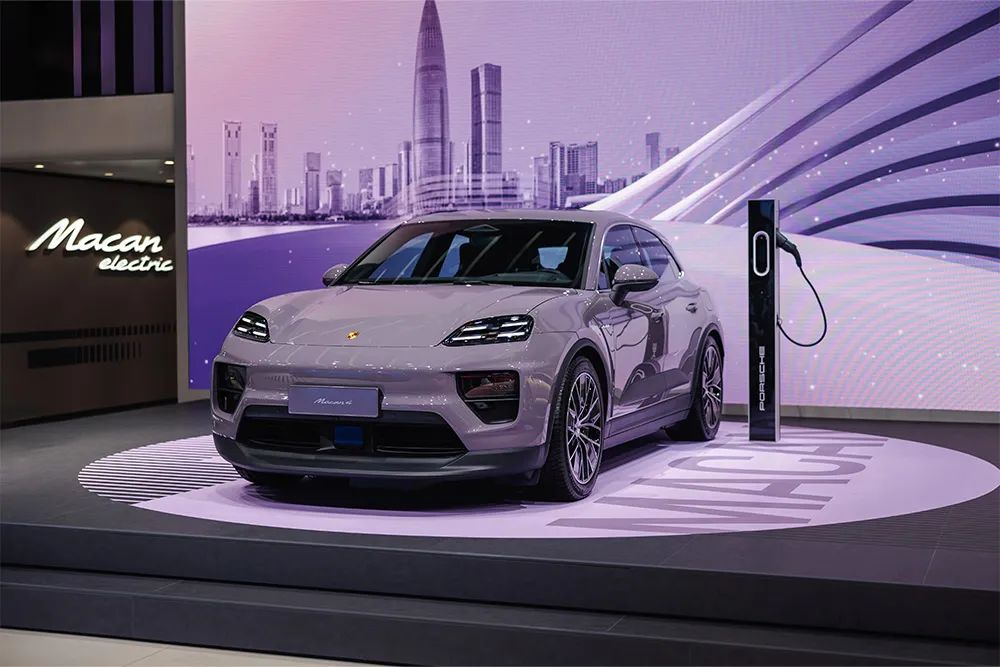
Based on this, Porsche has also decided to postpone its goal of achieving more than 80% of deliveries as pure electric vehicles by 2030, with no time limit set. Blume said that given market developments, he believes this goal is no longer realistic, and Porsche's electrification promotion will be flexibly adjusted according to market developments.
In addition, Porsche has initiated a large-scale organizational restructuring plan - layoffs and revised profit margins.
It plans to cut about 3,900 positions, which will be completed by 2029. About 1,900 positions will be reduced through natural turnover, restricted hiring, and voluntary agreements, and another 2,000 fixed-term contract positions will not be renewed.
The 1,900 layoff targets are mainly concentrated in the Zuffenhausen and Weissach factories in Germany. Through voluntary measures such as early retirement and compensatory layoffs, along with "restrictive measures" on hiring new employees, the goal is to reduce the number of employees in these two factories by 15% by 2029.
Senior executives are not exempt. In early February, due to declining sales, Porsche terminated the contracts of Chief Financial Officer (CFO) Lutz Meschke and Sales Director Detlev von Platen ahead of schedule. Both executives had worked at Porsche for over 20 years.
Breckner said that Porsche will make adjustments in profitability, setting a medium-term target for the return on sales of 15%-17%, while the long-term target still adheres to the previous figure of "above 20%".
Porsche has also repeatedly emphasized that it insists on "quality over quantity". Compared to how many cars are sold, this luxury automaker is more willing to focus on how much profit can be made from each car sold, prioritizing profits over selling cars at a loss.
Especially in the Chinese market, Porsche is no longer pursuing sales. "Unlike Chinese automakers that are currently engaged in price wars, Porsche emphasizes that profit is the key to its business model, and high profitability is the core and cornerstone of our business model." In other words, Porsche would rather see sales decline than join a price war.
It is worth mentioning that Porsche has not set a sales target for China in 2025, and even Blume hinted euphemistically that it would be lower than that in 2024.
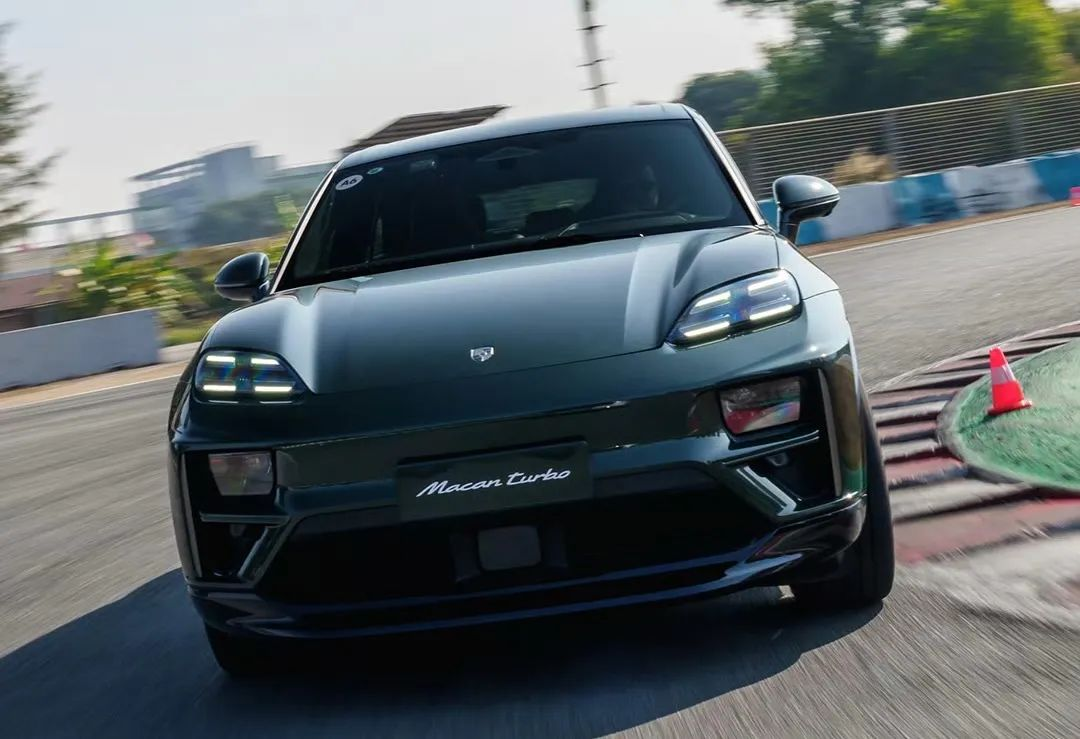
Blume said, "Although the future size of the Chinese market may not be exactly the same as before, the value of Porsche will still remain high."
Not pursuing sales does not mean that Porsche no longer values the Chinese market. To break the deadlock, Porsche has also taken many actions. At the end of last year, it was reported that Porsche would initiate layoffs in China, with layoff rates of 10% for regular employees and 30% for outsourced employees, with a compensation package of "N+6".
Although Porsche China denied the news of layoffs in China, it acknowledged that internal organizational structure was being optimized and restructured.
Moreover, in response to the decline in customer demand and sales in the Chinese market, it is imperative to integrate the dealer network. It is planned to reduce the number of Porsche stores in China from the current approximately 150 to 100 by the end of 2026.
At the end of last year, Porsche China also added a technology department, with former Mercedes-Benz executive Li Nan taking on the position of Vice President of Porsche China's technology department. In addition to research and development work, the newly established technology department also has local procurement and quality assurance functions.
In addition, Blume said, "Chinese users pay more attention to intelligent cabins and intelligent driving, and Porsche will continue to invest in this direction." Interestingly, in the Q&A session after the financial report conference, he also revealed that Porsche is looking for partners in software development and will actively utilize the technical resources of the Volkswagen Group, also benefiting from autonomous driving research and development.
Does this mean that Porsche does not rule out cooperating with Chinese technology companies in the future?







